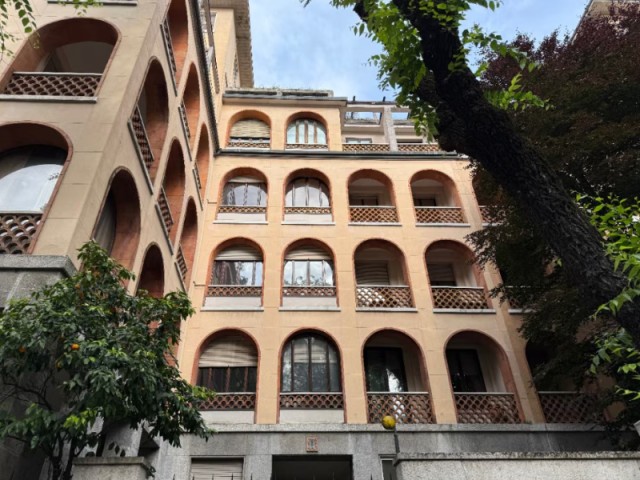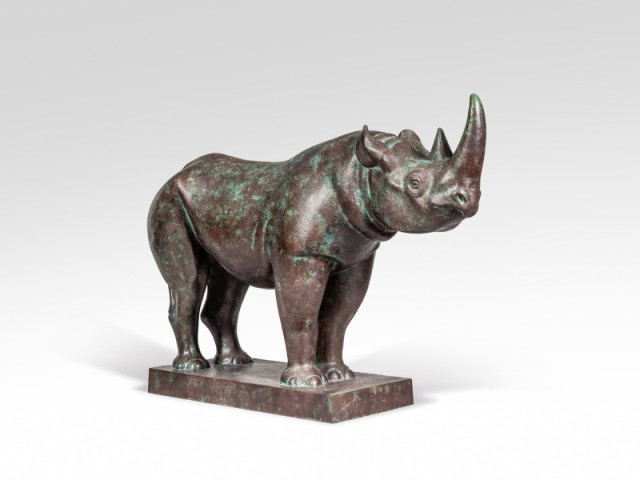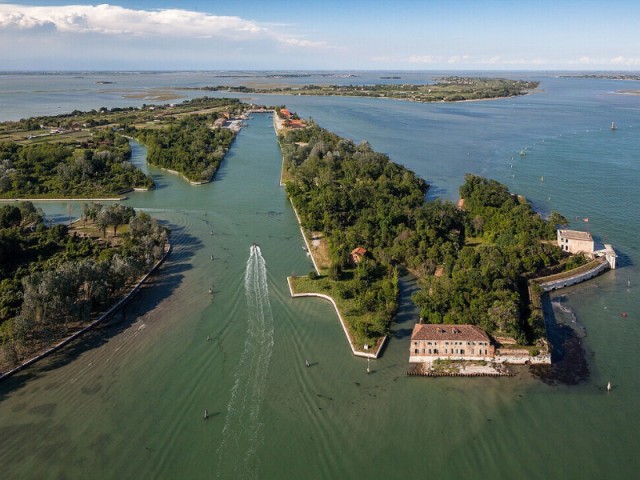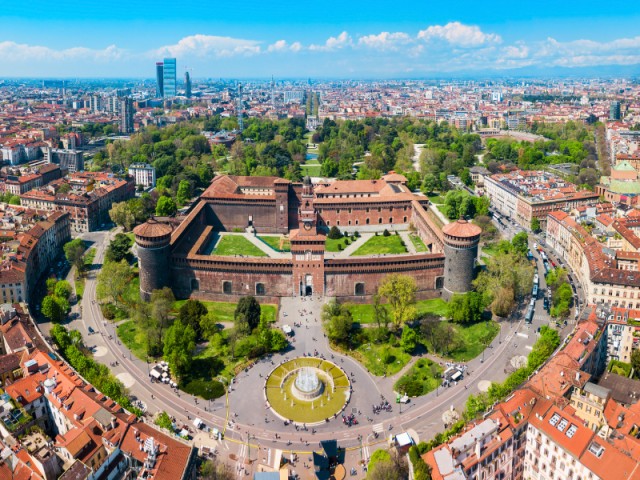
al numero 02403852508
Copyright © 2026 Diego Antinolo
All Rights Reserved
Unlocking Global Access and Liquidity for the World's Most Valuable Assets
When a financial behemoth like BlackRock, managing trillions in assets, makes a strategic move, the world takes notice. The rumored $10 trillion investment into the tokenization of properties isn't just a headline-grabber; it's a potential harbinger of a seismic shift in how we buy, sell, and own real estate. But what exactly does this mean, and what's the real use case around it?
The Promise of Tokenization
At its core, tokenization is the process of converting rights to an asset into a digital token on a blockchain. For real estate, this means that instead of owning a physical deed, you own a fraction (or the whole) of a property represented by a secure, verifiable token.
Here's why this is such a game-changer:
- Increased Liquidity: Traditional real estate is notoriously illiquid. Selling a property can take months. Tokenization allows for fractional ownership, meaning investors can buy and sell smaller pieces of a property much more easily and quickly on a global market. Imagine selling a 1% stake in a commercial building in minutes, not months.
- Lower Entry Barriers: High property prices often exclude smaller investors. Tokenization breaks down properties into affordable digital units, allowing a broader range of investors to participate in the real estate market, from a diverse portfolio perspective.
- Transparency and Efficiency: Blockchain technology offers an immutable and transparent record of ownership and transactions. This can streamline cumbersome legal processes, reduce paperwork, and potentially lower transaction costs by cutting out intermediaries. Smart contracts can automate many aspects of property management and transfer.
- Global Accessibility: Real estate investment often faces geographical limitations. Tokenized properties can be bought and sold by anyone, anywhere in the world, with an internet connection, opening up new capital flows and investment opportunities.
- Enhanced Security: The cryptographic security of blockchain technology makes tokenized assets less susceptible to fraud and manipulation compared to traditional record-keeping systems.
Why BlackRock is Looking at $10 Trillion
For an institution like BlackRock, the allure is clear. With a vast amount of capital to deploy and a mandate to seek out efficient and profitable investment avenues, tokenization offers:
- Diversification and New Revenue Streams: Accessing a previously illiquid and less accessible asset class in a new, efficient way.
- Operational Efficiencies: Reducing the administrative burden and costs associated with managing a massive portfolio of real estate.
- Future-Proofing: Positioning themselves at the forefront of financial innovation, anticipating the direction of global markets.
While a $10 trillion figure is immense and likely represents a long-term vision rather than an immediate deployment, it underscores the belief that real estate tokenization isn't just a niche idea; it's a transformative force that could redefine asset management on a grand scale.
Diego Antinolo's Perspective
From the perspective of a premium real estate professional, like Diego Antinolo specializing in the exclusive properties of Lake Como, tokenization presents a compelling evolution. High-end real estate has historically been one of the most illiquid and exclusive asset classes, reserved for a very small group of ultra-high-net-worth individuals.
Tokenization fundamentally changes this dynamic. By fractionalizing ownership, a single luxury villa can be made accessible to a consortium of international investors who might have previously been unable to participate in such an investment. This not only democratizes access but also introduces a new level of liquidity to the premium market. The ability to buy or sell a fraction of a high-value property on a global, 24/7 market removes the traditional hurdles of finding a single buyer and navigating complex, lengthy legal transactions.
For the premium real estate sector, tokenization isn't about diluting the value of an asset. It's about unlocking new pools of capital, broadening the investor base, and making these exceptional properties part of a modern, more efficient financial ecosystem. This shift brings a new kind of investor to the table, one who seeks not only the prestige of a premium asset but also the technological advantages of a tokenized one.
Reference: https://www.forbes.com/sites/nataliakarayaneva/2024/03/21/blackrocks-10-trillion-tokenization-vision-the-future-of-real-world-assets/



















































































